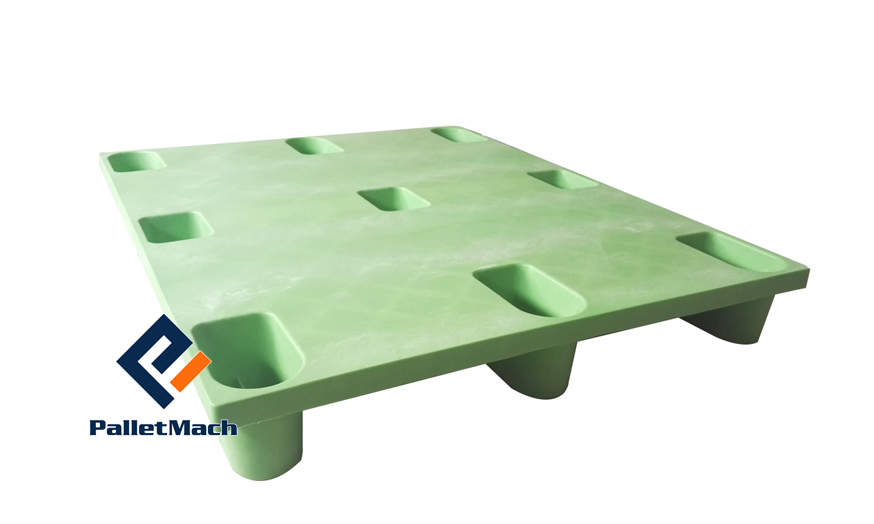Plastic pallet is more and more popular in the warehouse and logistics industries. But we should know the difference between plastic pallet VS wooden pallet around customs implications.
International exporters need to consider the materials they use in their shipping logistics, beyond the contents of the load, for a variety of reasons. Depending on the shipment, there will be important durability and hygiene standards to meet. However, if the shipment is to be dispatched via wooden pallets, it is important to consider the international customs requirements that will apply at various receiving ports.
What are the international standards?
The ISPMs are recognised as the industry standard by all members of the World Trade Organisation (WTO).
The International Standards for Phytosanitary Measures No. 15 (ISPM) was developed with the aim of regulating and minimising the risk of transferring pests via wooden packaging materials used for international shipping. The ISPMs are recognised as the industry standard by all members of the World Trade Organisation (WTO). The regulations apply to a wide variety of packaging materials, including wooden pallets. In total, over 70 countries – with the EU recognised as one whole, use ISPM standards. Exporters shipping to those nations need to ensure their load complies with the regulations.

In order to fulfill requirements, the wood must be certified as meeting the standard and bear the relevant mark. Some countries will also want to see supporting documentation. Fumigation treatment must be applied to the level specified in the documentation and only certified providers and manufacturers are able to authenticate the standard. Any shipment that has not been treated may be refused entry at the destination port.
Wooden pallets are subject to ISPM regulations.
Minimising the risks with plastic
Plastic pallets are a faster option when it comes to clearing customs, according to Logistics Magazine. Unable to harbour pests and easily cleaned, plastic pallets do not require fumigation or need to bear the ISPM certification mark that must be applied to wooden pallets. The risk of delay due to improper supporting ISPM documentation is non-existent.

There are significant wider benefits to using plastic pallets as well:
Lightweight
Compared to the wooden alternative, lightweight plastic pallets can represent a saving of up to 20-30kg, reducing incurred freight costs.
Health and safety compliant
Easy to clean and sanitize, hygienic plastic pallets outperform wood in terms of contamination issues and safer handling.
Long-lasting
Plastic pallets can see a lifespan of a decade or more if properly cared for, up to 10 times better than their wooden counterparts.
Environmentally friendly
No deforestation and sustainability issues occur when plastic is used, and we manufacture our pallets from recycled materials.
For more information about the benefits of using plastic pallets in international shipping, contact PalletMach [email protected].
